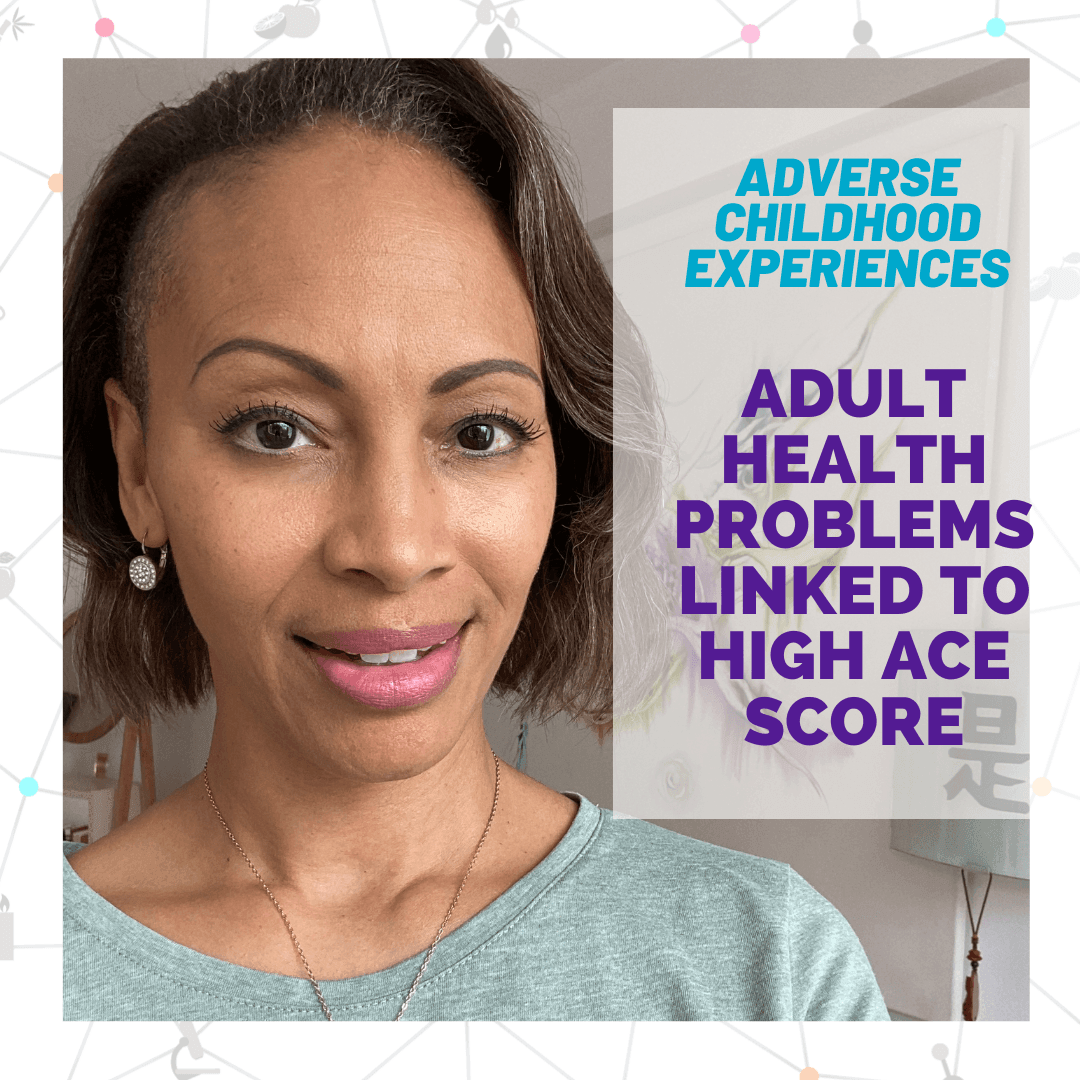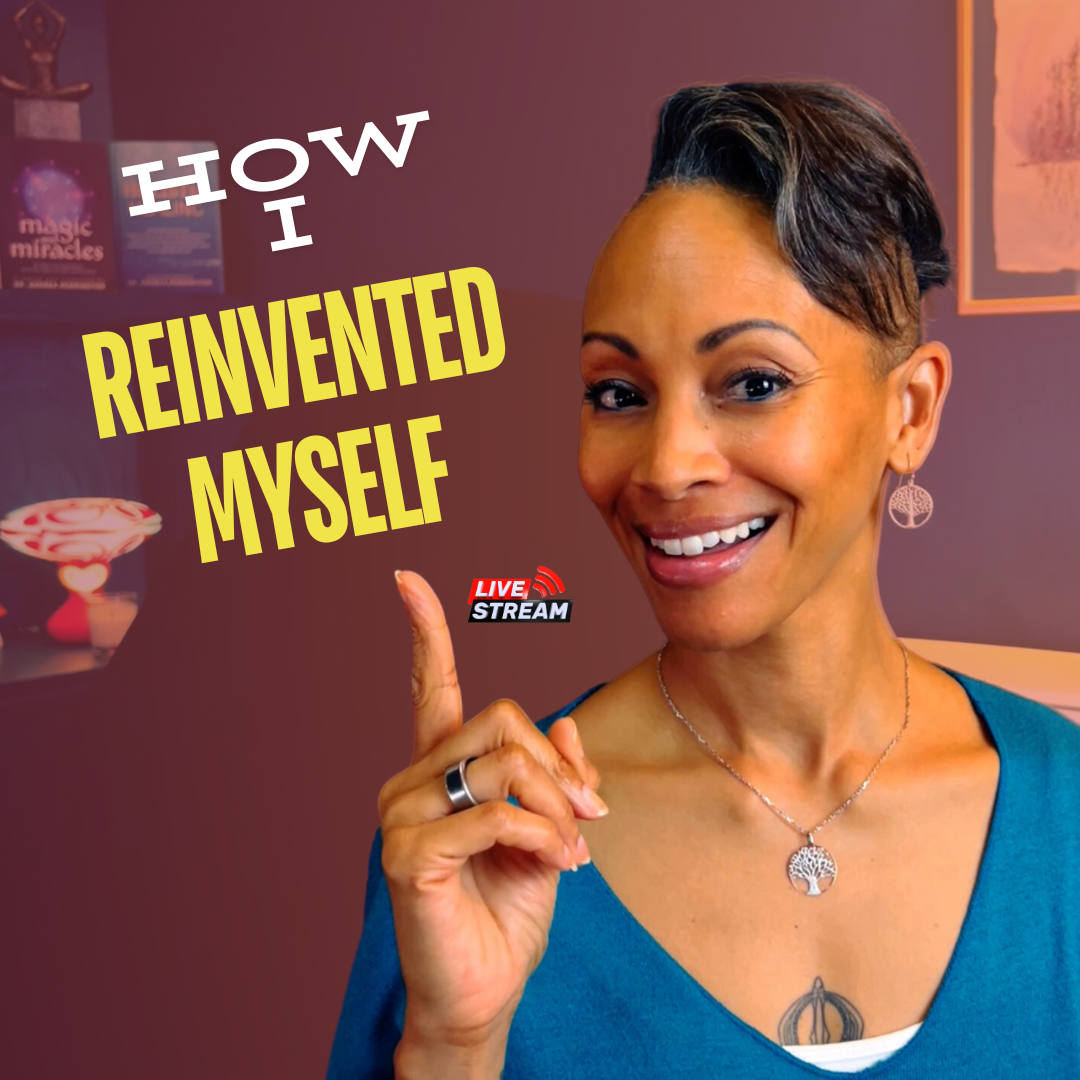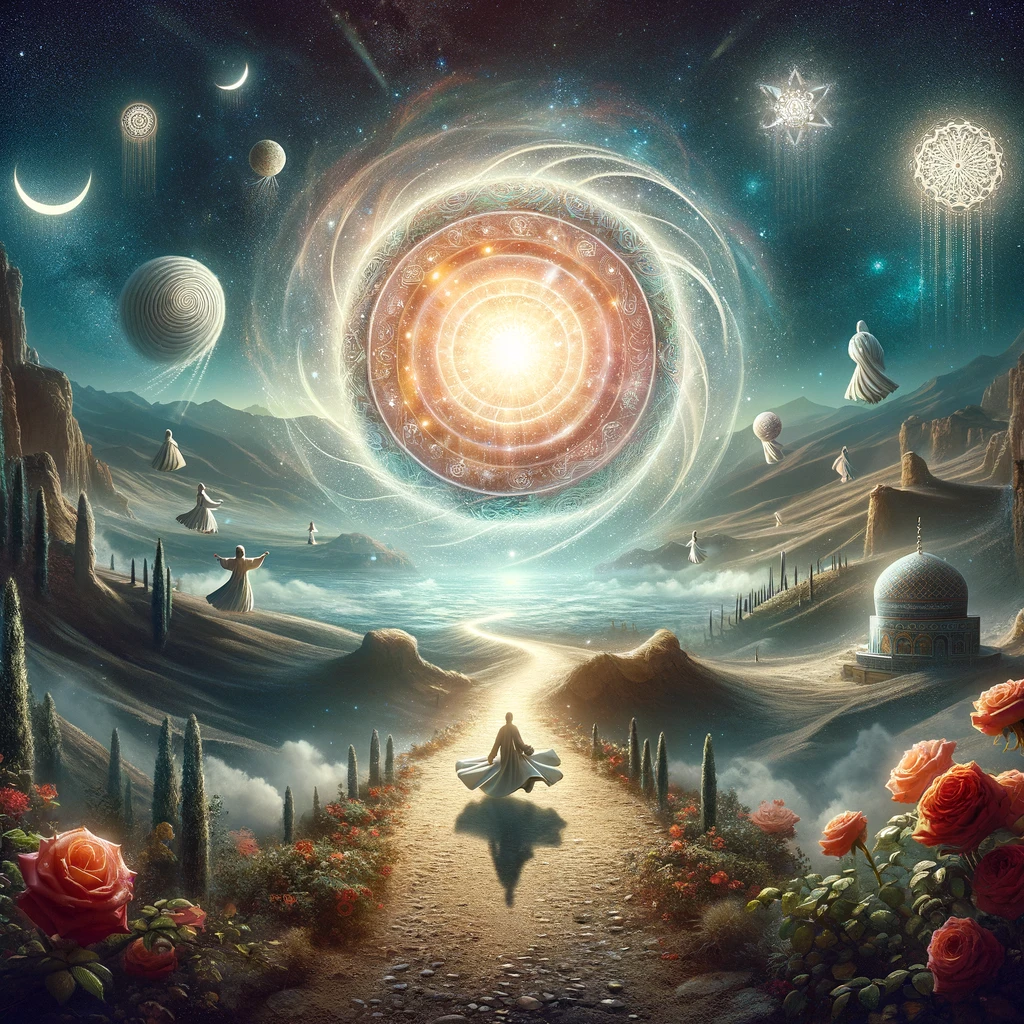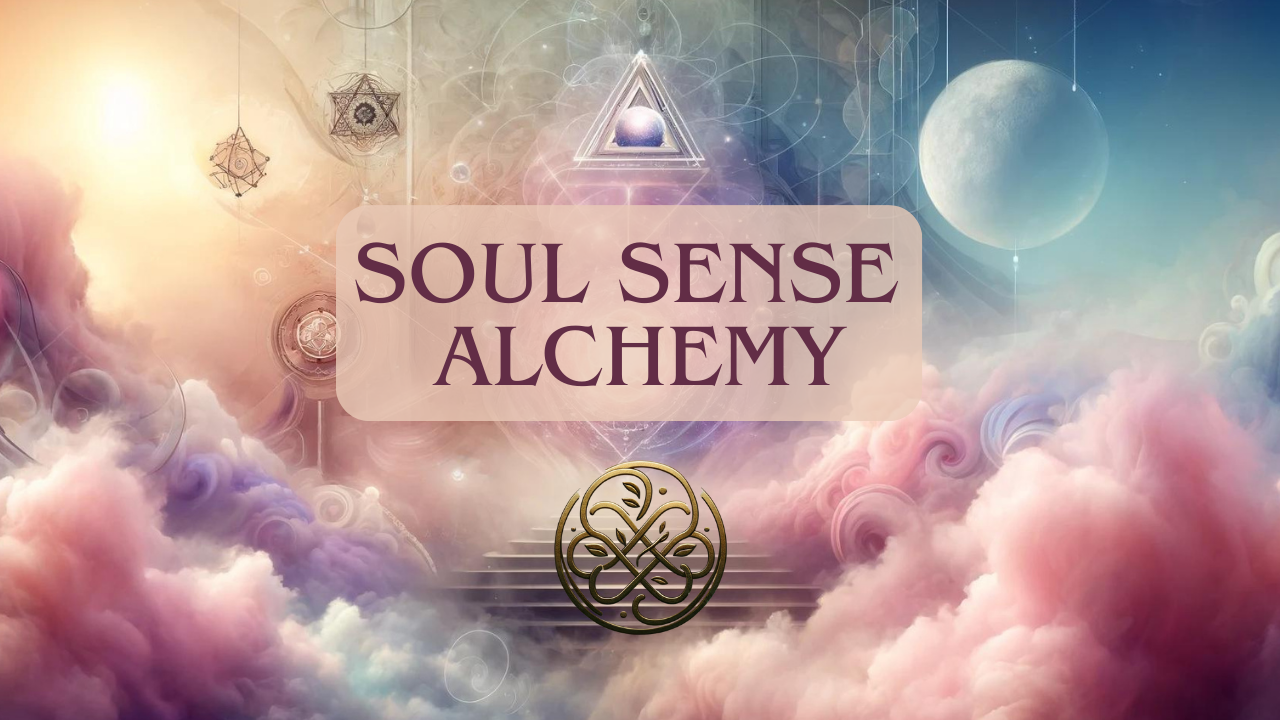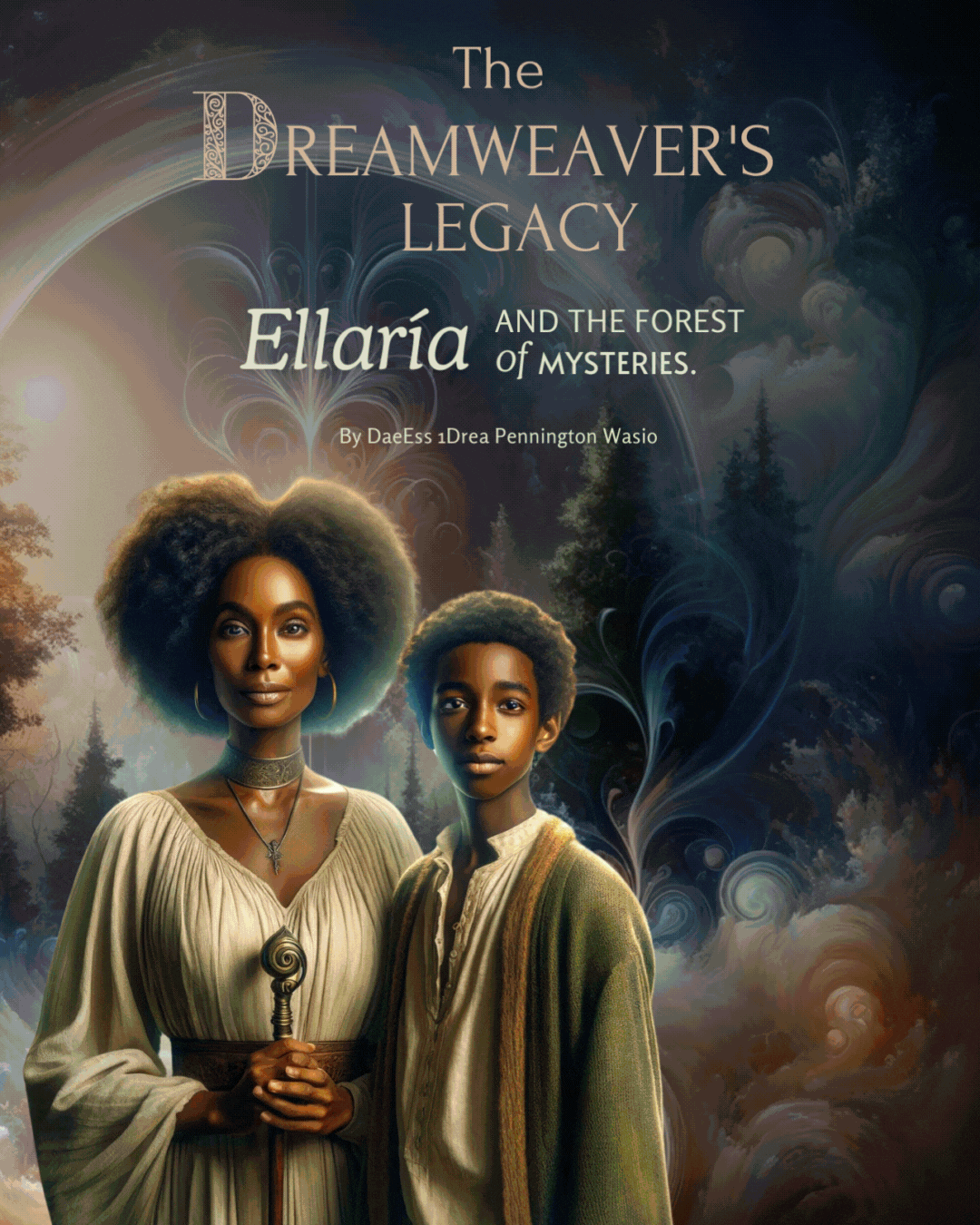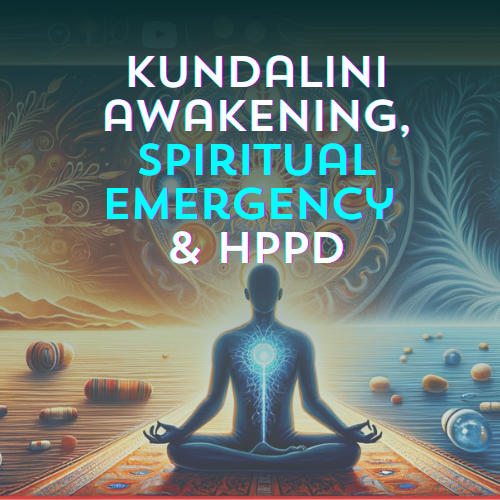Podcast: Play in new window | Download
Subscribe: Apple Podcasts | RSS | More
I am a medical doctor who helps people recover from trauma and the wounds caused in childhood due to family dysfunction. This is a unique perspective and in this post, I will explain what adverse childhood experiences are and why a doctor would be asking you about them.
The bottom line is this: stressful, traumatic experiences in childhood impact your health. Perhaps you already knew that but do you know why?
Traumatic childhood experiences affect your physical and mental health as an adult
When we grow up with toxic stress, there are lasting effects into adulthood. Even if you’ve been to therapy. More than 60 per cent of Americans and 50 per cent of English people have experienced something in their childhoods that puts them at an increased risk of physical and mental health outcomes. All of this is based on the original ACEs (Adverse Childhood Experiences) study. When I was in medical school back in 1995, two physicians, Vincent Felitti and Robert Anda, launched a large-scale epidemiological study that probed the childhood and adolescent histories of 17 000 people.
They compared the subjects’ childhood experiences to their later adult health records and published the results in 1998. Nearly two-thirds of the individuals had experienced one or more adverse childhood experiences. That’s the term they used to describe chronic, unpredictable, stress-inducing events that many children face. ACEs have a clear correlation with mental health outcomes across a person’s life course.
The World Health Organization estimates that 30 per cent of adult mental illness in 21 countries could be attributed to ACEs.
What are ACEs?
Adverse childhood experiences include:
- Emotional abuse
- Physical abuse
- Sexual abuse
- Emotional or physical neglect
- Mother treated violently
- Household substance abuse
- Household mental illness
- Parental separation, divorce or death
- Incarcerated household member
- Living in care outside of immediate family
You can find out your ACE score totally for free
The quiz is on my website. The higher your ACE score where the more family dysfunction or even discrimination that you lived with as a child, the higher your risk of emotional and physical illness and self-harming behaviors.
High levels of trauma, abuse, dysfunction and discrimination lead to an increased risk of:
- Alcoholism and substance abuse
- Allergies
- Anxiety
- Arthritis
- Asthma
- Autoimmune disease
- Behavioral challenges – acting out
- Binge eating
- Cancer
- Chronic fatigue syndrome
- Depression
- Diabetes
- Fibromyalgia
- Heart disease & high blood pressure
- Immune system dysfunction
- Lung disease
- Liver disease
- Osteoporosis
- Post-traumatic Stress Disorder
- Relationship difficulty
- Suicide
- Violence
That’s a long list, I know. Remember though, not all stress is toxic. If it’s subjective stress in a supportive environment, it may not be toxic at all. It’s the perception of stress that varies from childhood to child. A serious threat to one child may totally disturb them, whereas something minor may be traumatic to another. The impact varies depending on a child’s previous trauma, social and emotional support, family history and genetic predisposition.
Not all stress is toxic
Stress can be positive, helping to guide our growth. It can be tolerable where while not helpful, at least it causes no permanent damage. However, stress can be toxic and sufficient to overcome the child’s undeveloped coping mechanisms. That’s what can lead to long-term impairment and illness. This is why not everyone who grows up in a dysfunctional home is screwed up for life.
Children and can survive and even thrive despite the trauma in their lives if there are buffers
For these children, adverse experiences are counterbalanced with protective factors, which together have the potential to create resilience. The factors needed to help a child cope with stress include cognitive capacity, healthy attachment relationships – especially with parents and caregivers, supportive peer relationships, motivation and the ability to learn and engage with the environment, the ability to regulate emotions and behavior and supportive environmental systems.
The type of stress that results when a child experiences ACEs can become toxic when there is strong, frequent or prolonged activation of the body’s stress response systems in the absence of the buffering protection of a supportive adult relationship. What if there is no compassionate adult around to buffer that stress? Well, the biological response to toxic stress can be destructive, as I’ve said, over a lifetime, and these effects can be magnified through generations if the traumatic experiences are not addressed. On a personal note, my score is four, which explains why I experienced depression and anxiety. My healing and recovery process led me to arrive at real self-love and a life free from depression. I know first-hand that we can engage in a variety of healing practices to counteract the negative effects of toxic stress.
The negative effects of toxic stress can be counteracted
All of those healing practices are covered in my book, The Real Self Love Handbook, and I teach them in my workshops and retreats and online sessions. In my upcoming live Masterclass, I will explain how these toxic stress experiences lead to changes in the DNA and impact the nervous system, the immune system and the cardiac system. For now, I hope this helps you to understand that some of the health issues and emotional or mental challenges that you face may not have started with you.
Not all your physical and emotional health issues started with you
This is why the treatment for illness and disease may require a holistic approach, including trauma-informed treatments and body or somatic oriented therapies. This is because the toxic stress lingers in your cells. Your tissues, brain, immune system, hormones and stress response have all been affected.
So, check out your ACE score using the quiz here or on the In8Vitality.com website. Then join me for any of our live sessions where I answer questions. I lead healing guided meditations and you can download them as well.
I wish you much success on your healing journey ????????
Want more insights on healing from ACEs?
Read this in depth article by Dr. Andrea covering more on ACEs.
Watch the replay of my Masterclass: Adverse Childhood Experiences explained by Dr 1Drea Pennington
RESOURCES
Here’s what you can do to start your healing and recovery journey:
- Find out your ACE score with this free quiz https://bit.ly/GetYourACEScore
- Join me for live question and answer sessions online in the Real Self Love Community
- Participate live in my healing guided meditations or download them
- Schedule a private coaching session with me. Details are here
- Read Holistic Healing: https://amzn.to/3nKMtvF
Read or listen to The Real Self Love Handbook
- Paperback: https://amzn.to/33AotB3
- Kindle: https://amzn.to/2OOGvM1
- Hardcover: https://amzn.to/32lBoqv
- Audiobook: http://bit.ly/RSLHAudiobook
- Apple Books: https://books.apple.com/…/the-real-self-love-h…/id1483763158
This article first appeared on In8Vitality.com on May 6, 2021
